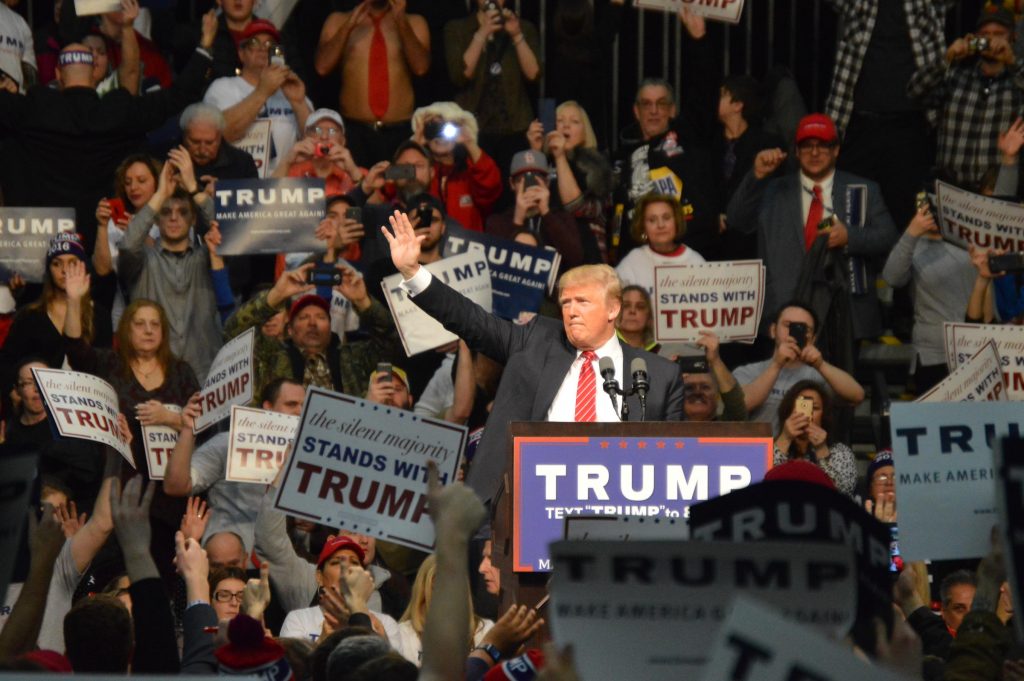Trump, Russia, and the Battle Over Intelligence
What does this kind of foreign meddling mean, and how does the U.S. respond?


Evidence is mounting that Russia used computer hackers to influence our presidential election. American spy and law enforcement agencies all agree on that point, they just haven’t reached a consensus on Russia’s motive.
The best case scenario is that the Kremlin wanted to created chaos and confusion around the election. The worst case scenario — and what the CIA seems to conclude — is that Russia wanted to install Donald Trump as president.
This is an unprecedented and disturbing situation. What does it mean that a foreign rival can have this much influence in our political situation? How does America respond to these revelations?
“There seems to be pretty broad agreement in the intelligence community that at least some of this hacking was tied to the Russian government. If not directly done by them, then by people who have worked with the Russian government,” says POLITICO Senior Political Reporter Shane Goldmacher. “But that motive question is really critical… And that seems to be probably a question we’re never going to have a very satisfying answer to.”
Detroit Today Host Stephen Henderson is also joined by Aaron Retish, a history professor at Wayne State University with a specialization in Soviet and Russian history.
“The United States has been burned before thinking that it could trust the Putin administration,” says Retish. “And then, Russia has kind of turned away from this trusting relationship.”
Click on the audio player above to hear the full conversation.
